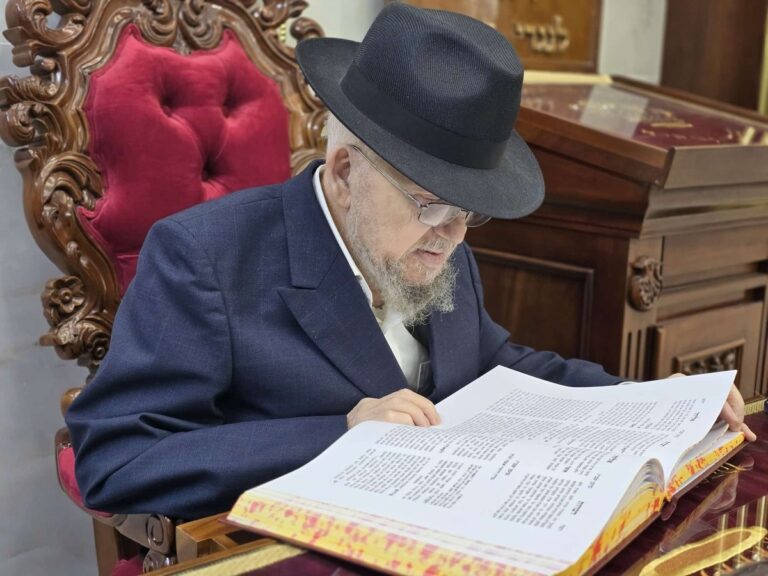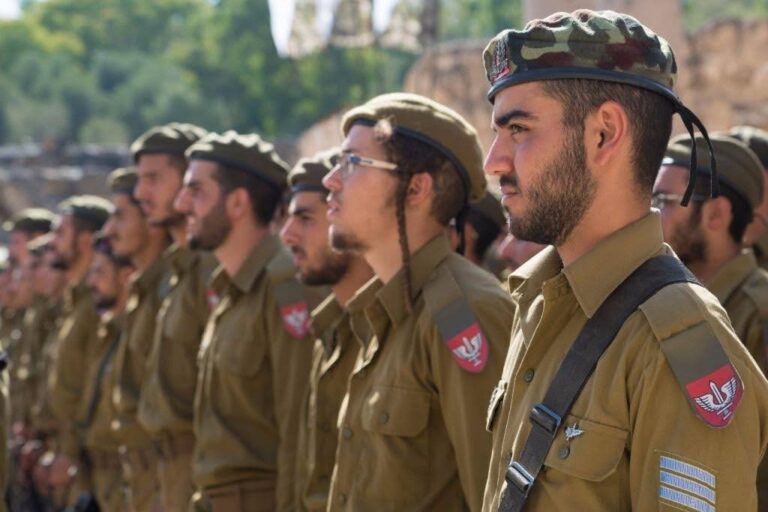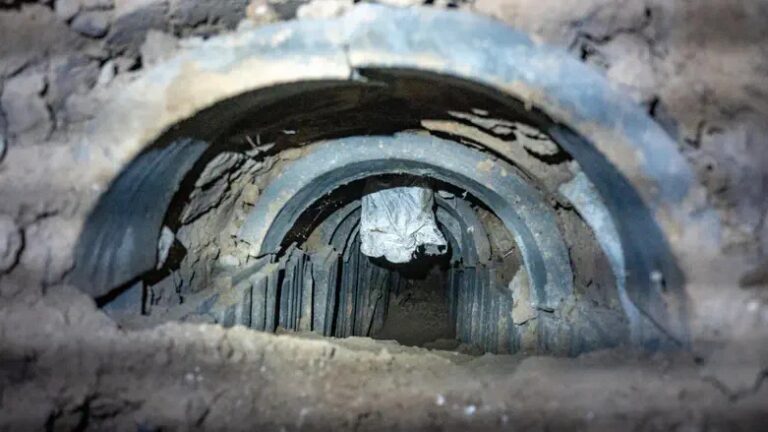What is Israel’s role in the Armenian-Azerbaijani conflict over the disputed Caucasus region of Nagorno-Karabakh?
It seems only natural for Israel to side with Armenia, a small Christian nation surrounded by Muslim countries facing an adversary supported by Turkey, an increasingly hostile presence against Israel and a supporter of terror groups. But this empathy is complicated by a number of thorny factors, including Israel’s strong diplomatic relationship with Azerbaijan, made quite significant by the fact that Israel receives 40% of its oil supplies from Azerbaijan and is also a major supplier of arms to the Muslim country. The latter factor is now a source of diplomatic conflict with Armenia. Armenia opened an embassy in Tel Aviv only last month but then recalled its ambassador less than two weeks later, citing weapons sales to Azerbaijan.
President Reuven Rivlin spoke with his Armenian counterpart Armen Sarkissian on Monday to try to calm the diplomatic tussle. However, Israel’s weapons sales to Azerbaijan are significant and will be difficult to just give up despite the bad press. Data from the Stockholm International Peace Research Institute (SIPRI) states that Israel has been the top supplier of arms to Azerbaijan, with sales of more than $740 million, putting it ahead of Russia, according to a recent AFP report. The report also quoted Gallia Lindenstrauss, an analyst at the Tel Aviv Institute for Strategic Studies, who said that “Azerbaijan is one of the largest clients of Israel’s defense industry. Israel imports quite a large amount of its oil from Azerbaijan and Israel exports weapons to Azerbaijan.”
Azeri presidential advisor Hikmet Hajiyev told Walla News last week that Azerbaijan was using Israeli-made drones in the conflict in Nagorno-Karabakh, including suicide” drones that can destroy a target on impact. However, at least according to Efraim Inbar, president of the Jerusalem Institute for Strategy and Security, that fact is not Israel’s concern, saying to AFP that “Azerbaijan is an important country for us. We always try to be a good supplier even during times of tension… we have to make sure that we will honor the contracts we make with Azerbaijan. It is not our responsibility what they are doing. They can fight with knives, they can fight with stones, people fight with many things.”
Israel-Azerbaijani diplomatic and trade ties are long-standing, dating back to the early 1990s following the dissolution of the USSR. The ties were especially important to Israel at the time as it strove to forge relations with Muslim countries.
THE RUSSIAN ASPECT
Armenia is supported by Orthodox Christian Russia, with both countries part of the Collective Security Treaty Organization (CSTO), an intergovernmental military alliance of former Soviet republics [exluding Azerbaijan], including Russia, Armenia, Kazakhstan, Kyrgyzstan, Tajikistan, and Uzbekistan. Armenia is considered a close ally of Russia and hosts a large Russian military base about 200 miles west of the disputed area of Nagorno-Karabakh.
WHERE DOES IRAN COME IN?
Armenia is also seen as an ally of Iran. Despite seemingly deep religious and ideological differences between the two countries, they are strategic partners in the region and have amicable relations that date back thousands of years due to a shared a similar historical and cultural background. Current-day Armenia was part of Iran until 1828 and the Armenian people are amongst the native ethnic groups of northwestern Iran (known as Iranian Azerbaijan). There are no border disputes between the countries and the Christian Armenian minority in Iran, amongst the largest and oldest communities in the world, enjoys official recognition, with many of the oldest Armenian churches and monasteries located within Iran.
Iran, which borders both countries, is trying to play peacemaker to the conflict, saying it is working on a peace plan between the two countries.
BACKGROUND OF THE CONFLICT
The mountainous region of Nagorno-Karabakh, where deadly new fighting has erupted in recent days between Armenian and Azerbaijani military forces, has been in a tense limbo since a 1994 truce. The Associated Press explains what’s behind the long-unresolved conflict:
WHAT AND WHERE IS NAGORNO-KARABAKH?
Karabakh is a region within Azerbaijan that has been under the control of ethnic Armenian forces and the Armenian military since the 1994 end of a full-scale separatist war that killed about 30,000 people and displaced an estimated 1 million.
Nagorno-Karabakh proper has an area of about 4,400 square kilometers (1,700 square miles) — about the size of the U.S. state of Delaware — but Armenian forces occupy large swaths of adjacent territory.
HOW DID THE CONFLICT START?
Long-simmering tensions between Christian Armenians and mostly Muslim Azeris began boiling over as the Soviet Union frayed in its final years. Once the USSR collapsed in 1991 and the republics became independent nations, war broke out.
A 1994 cease-fire left Armenian and Azerbaijani forces facing each other across a demilitarized zone, where clashes were frequently reported.
WHAT’S HAPPENED SINCE?
International mediation efforts to determine the region’s final status have brought little visible progress.
The conflict has been an economic blow to the Caucasus region because it has hampered trade and prompted Turkey to close its border with landlocked Armenia.
Fighting periodically breaks out around Nagorno-Karabakh’s borders, often deadly, notably in 2016 and this July. Since new fighting erupted Sunday, dozens have been killed and wounded in apparent shelling by both sides. Each country blamed the other for sparking the clashes.
WHAT’S THE BROADER IMPACT?
In addition to causing local casualties and damage, the conflict in the small, hard-to-reach region is also of concern to major regional players.
Orthodox Christian Russia is Armenia’s main economic partner and has a military base there, while Turkey has offered support to Azerbaijanis, ethnic brethren to Turks and fellow Muslims. Iran neighbors both Armenia and Azerbaijan and is calling for calm.
Meanwhile, the United States, France and Russia are meant to be guarantors of the long-stalled peace process, under the auspices of the Vienna-based Organization for Security and Cooperation in Europe.
(YWN Israel Desk – Jerusalem & AP)











